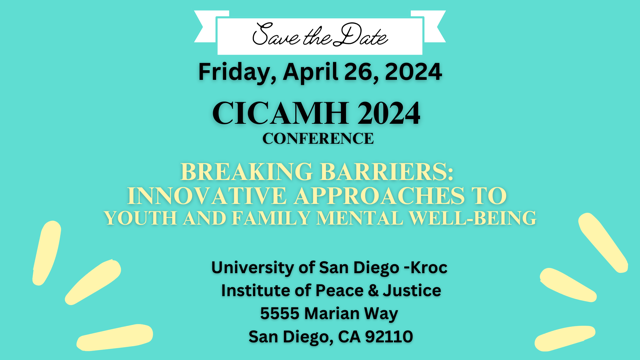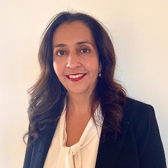Hybrid Session
Speaker:
Abi Weissman, PsyD
Description:
Dr. Weissman will define common vocabulary used in working with the LGBTQI+ populations, including gender dysphoria and gender euphoria. They will provide examples of mental health concerns seen in the LGBTQI+ population. They will describe typical gender identity and sexual orientation developmental stages and stages of coming out as LGBTQI+. Dr. Weissman will discuss LGBTQI+ affirming parent/caregiver and patient support. They will share how to acknowledge burgeoning adolescent sexual orientation and gender identity while addressing parent or familial concerns. The training includes information about practical strategies, tools, current research, and resources.
Learning Objectives:
- Identify three common terms that are used to describe gender identity.
- Explain two parent or familial concerns as related to gender diversity and sexual orientation.
- Describe three ways to assist parents in supporting their gender diverse and/or LGBTQI+ teens.











